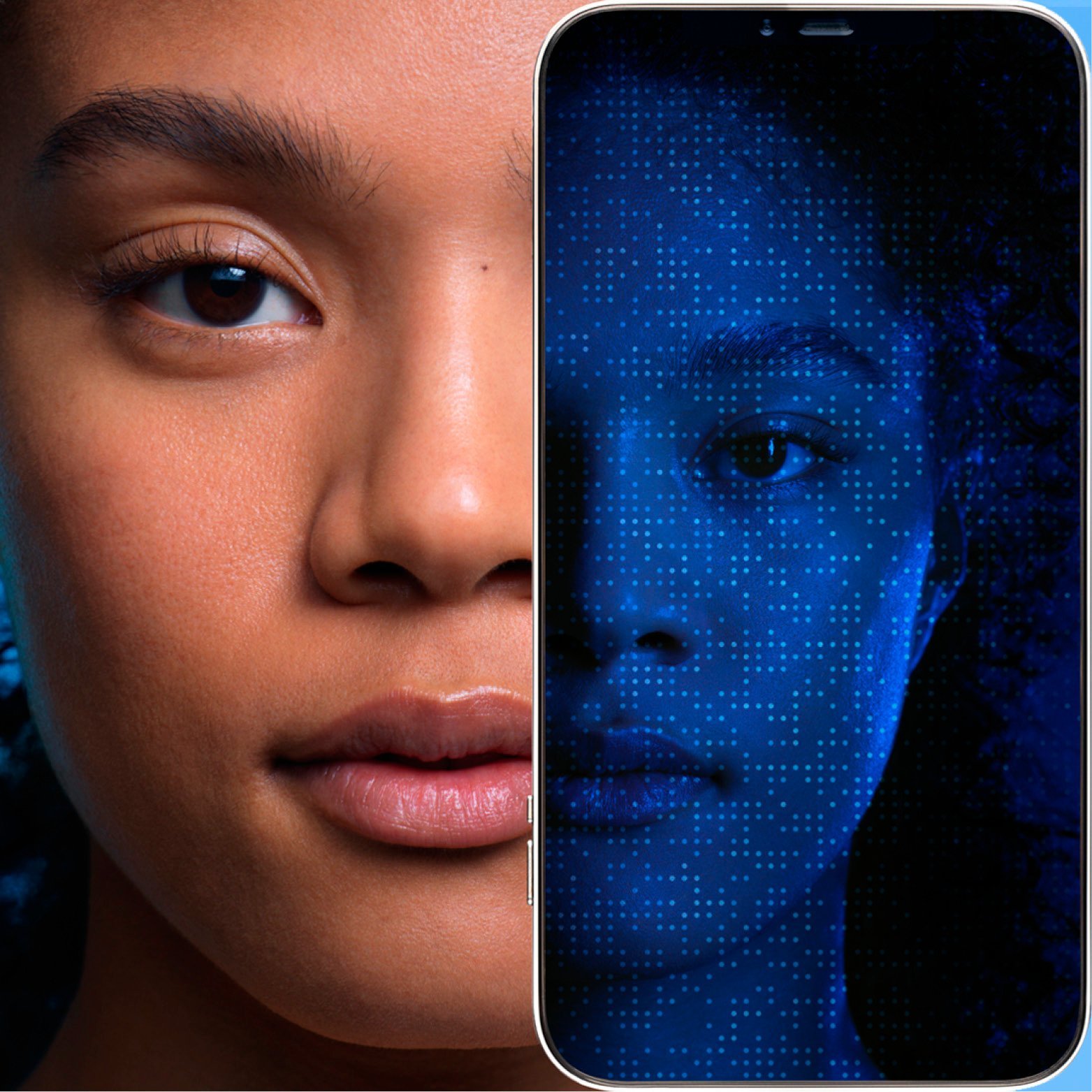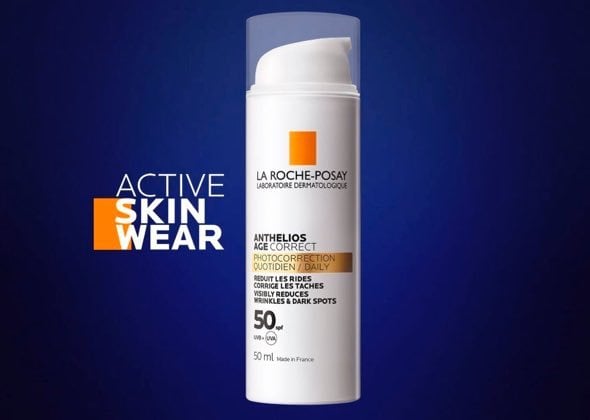What causes acne?
In acne, an inbalance in hormones called androgens cause the sebaceous gland to produce lots of oil. The same hormones cause increased production of skin cells lining pores. Pores then get clogged with a mixture of cells and sebum, becoming a breeding ground for acne-causing bacteria. This results in several types of pimple ranging from red spots to pustules or deep, painful cysts.
Learn more








